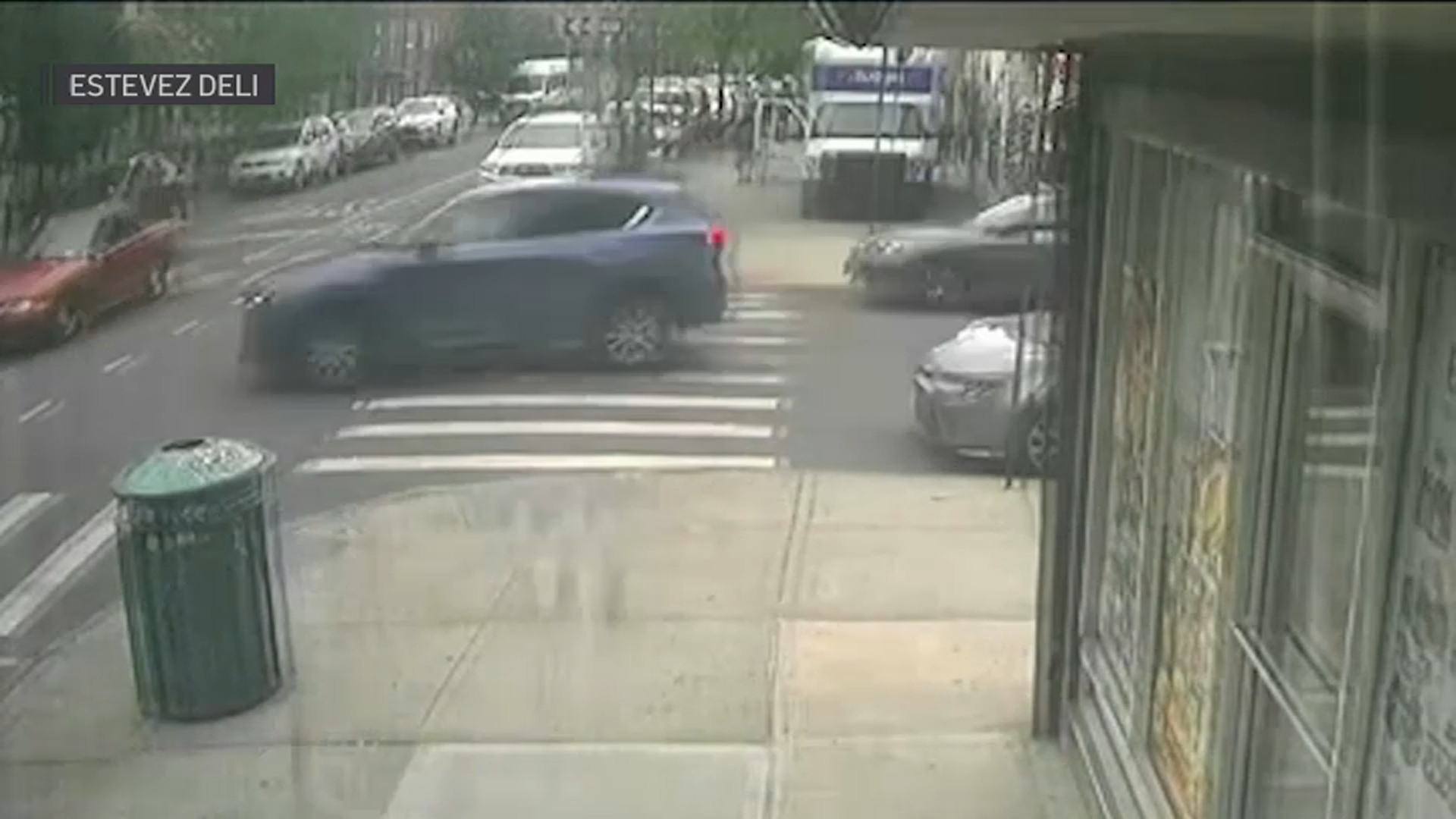Some locals call it "the jewel piece of Southampton" — but Lake Agawam is very much a tarnished jewel.
Nearly every summer for two decades, the 64-acre lake has been plagued by an ugly blue-green algae. By mid-summer, most prefer to avoid it entirely, complaining that it looks like pea soup and often times smells even worse.
"It's like a toxic soupy green muck," said Janice Sherer, an adviser to residents living along the lake. She said that muck is potentially dangerous, while its presence prohibits swimming, boating and fishing at the scenic spot.
But that could change, with the help of some new technology. Last week, a new effort to rescue the lake was launched, as state environmental team installed three special devices to combat the algae.
Get Tri-state area news and weather forecasts to your inbox. Sign up for NBC New York newsletters.
"The hope is these ultrasonic devices will prevent the bloom from setting up," said New York State Department of Environmental Conservation researcher Jacquelin Lendrum. She said the devices transmit sound waves under the water to slow algae growth. The DEP also said it plans to add hydrogen peroxide to Lake Agawam, in an effort to further limit the spread.
Stony Brook Marine Professor Chris Gobler in monitoring data from the project, saying that the methods being used have never been tested together before. He said success on Lake Agawam would help many other polluted Long Island lakes — which would go a long way.
"No county has more blue-green algae blooms than Suffolk County," Gobler said.
News
Scientists said the blooms are fed by nitrogen leaking in from the surrounding homes' underground cesspools. Updating those systems is the real long-term solution to the problem, Southampton's mayor said, but that's not an option in the present.
"That might take decades, so in the interim we can use technology," said TKTK. "We're extremely optimistic about this program."



